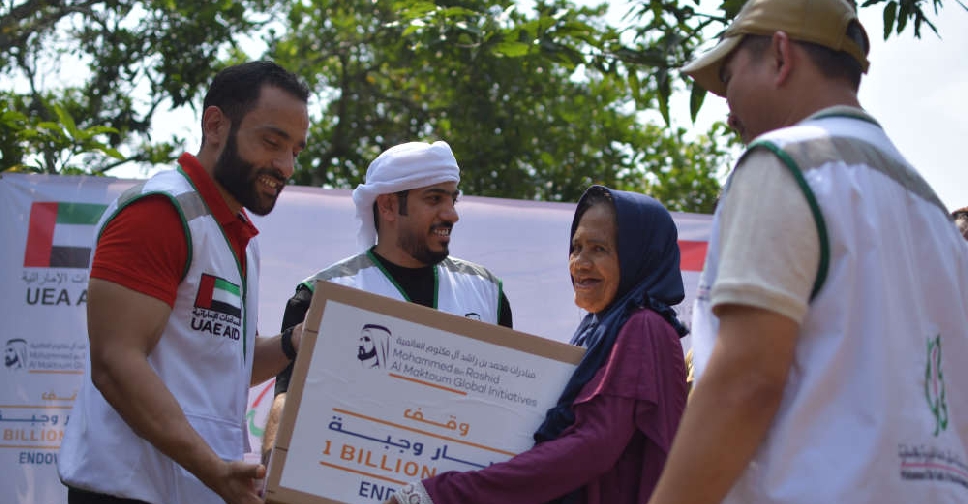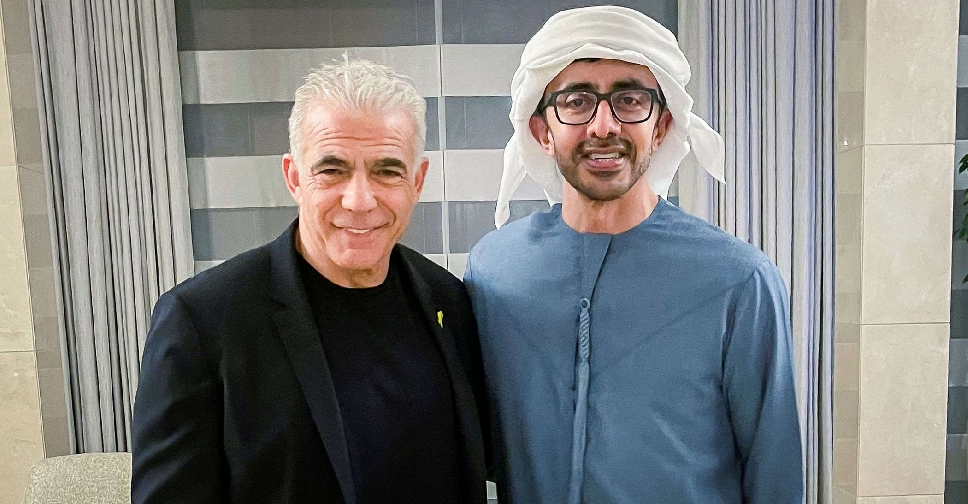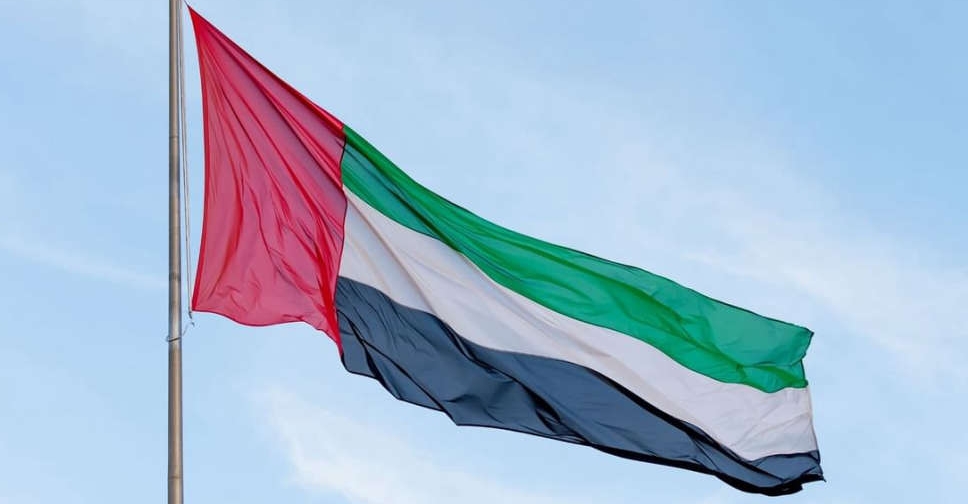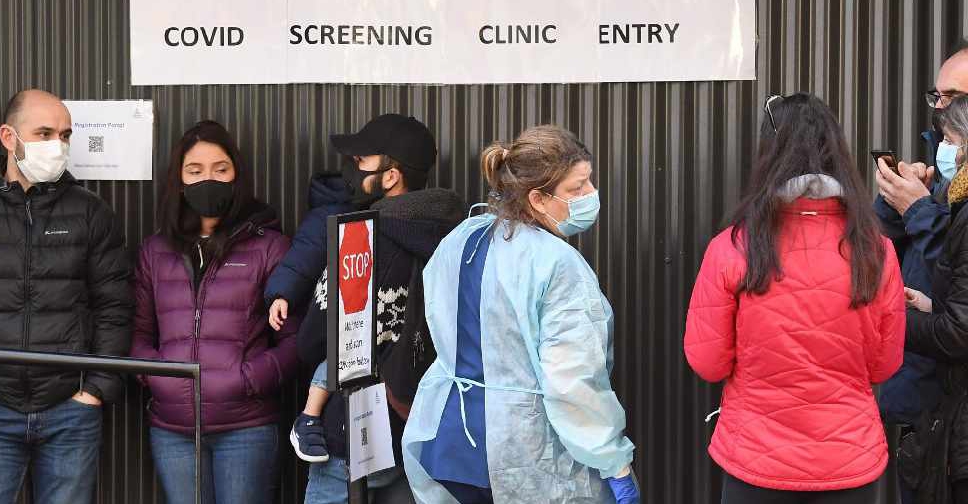
Australia on Friday narrowed the wait time for people to receive COVID-19 booster shots as another record jump in daily infections resulted in cancelled flights and sent Christmas travel plans into disarray.
From January 4, the country would offer booster shots to every person aged over 18 who had their second shot four months earlier and the interval would be again reduced to three months by the end of the month, said federal Health Minister Greg Hunt.
"These dates have been set out of an abundance of caution to give Australians early continued protection," Hunt told reporters in Canberra.
Most states had been pressing the federal government to make more people eligible for boosters to stem the tide of Omicron, as the number of new cases reached 9,100 on Friday, up from the previous day's record of 8,200.
While most new cases were previously in New South Wales and Victoria states, neighbouring Queensland and South Australia clocked sharp increases.
Media reported thousands of people planning to travel interstate for Christmas the following day had their plans thrown into chaos as airlines cancelled or postponed flights due to frontline staff being forced to isolate due to possible exposures to the virus.
Sydney Airport, the country's busiest, cancelled 80 of its 500 domestic flights on Friday, a spokesperson told Reuters, without giving a reason.
Australia has been looking to ramp up the rollout of boosters after becoming one of the world's most-vaccinated countries against COVID-19, with more than 90 per cent of people over the age of 16 having received two doses.
A growing number of countries are reducing the wait time for boosters from six months after the emergence of the Omicron variant.
This month, South Korea, Britain and Thailand cut that interval to three months.
Despite record cases, the Australians hope the hospitals will not come under extreme pressure from the new strain, which they say appears to be less severe than other variants.
The number of people admitted in hospitals is rising steadily, but remains far lower than during the Delta outbreaks.
Just over 4 per cent of patients in hospitals have been infected with Omicron as of December 20, with only one in intensive care.
The World Health Organisation (WHO) earlier this month warned wealthy countries against hoarding COVID-19 vaccines for booster shots as they try to fight off the new Omicron variant, saying it threatened supplies for poorer countries where inoculation rates are still low.

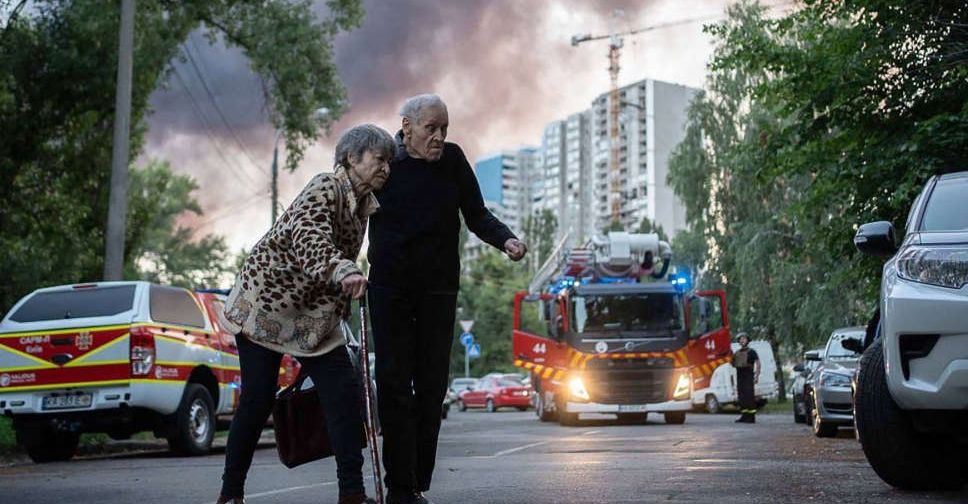 Russia pounds Kyiv with largest drone attack, hours after Trump-Putin call
Russia pounds Kyiv with largest drone attack, hours after Trump-Putin call
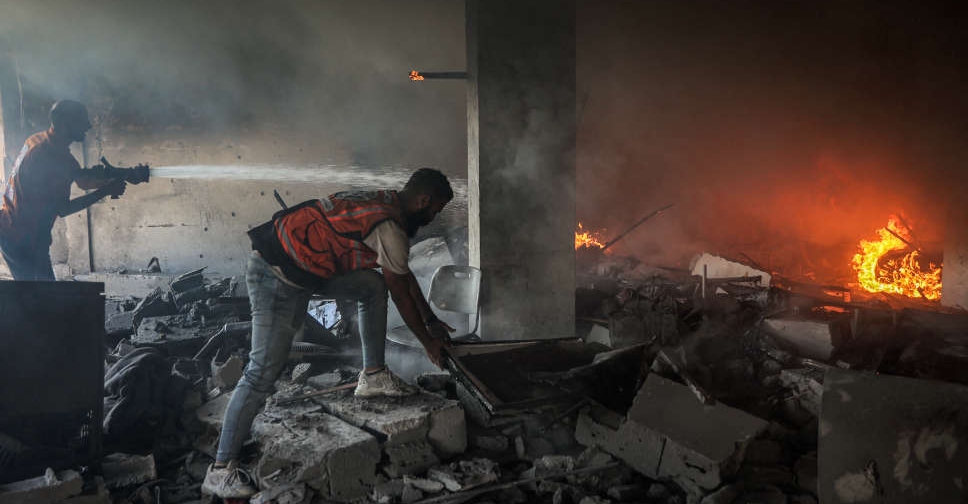 Trump says he expects Hamas decision in 24 hours on 'final' peace proposal
Trump says he expects Hamas decision in 24 hours on 'final' peace proposal
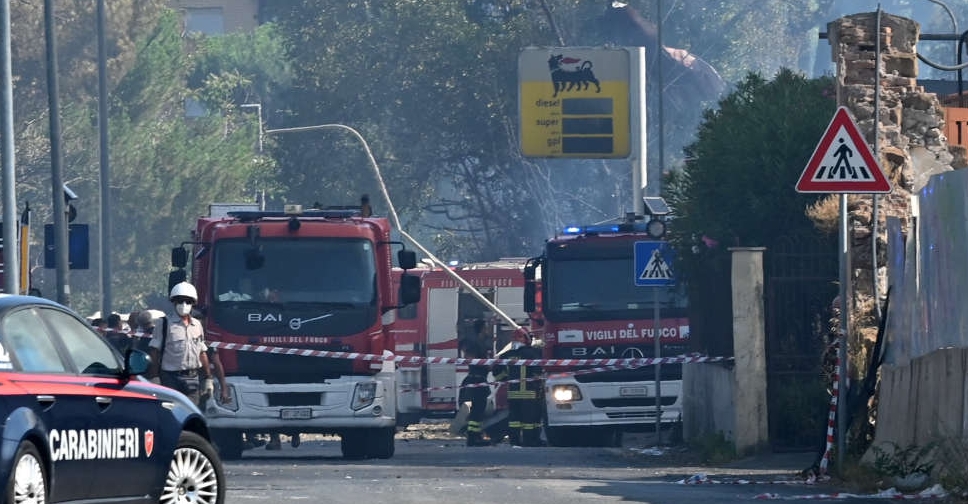 Huge explosion at Rome petrol station injures at least 27 people
Huge explosion at Rome petrol station injures at least 27 people
 Indonesia resumes search for 30 missing ferry passengers
Indonesia resumes search for 30 missing ferry passengers
 Trump celebrates tax bill victory at Iowa fairground rally
Trump celebrates tax bill victory at Iowa fairground rally
